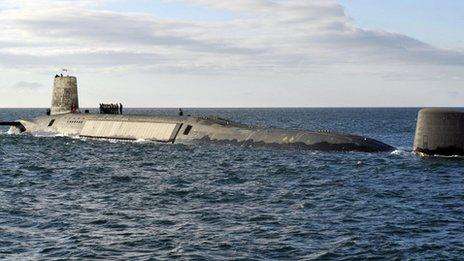MPs reject SNP calls for Trident to be scrapped
- Published
Robin Brant reports on the Trident vote: ''A significant illustration of the will of Parliament''
MPs have overwhelmingly rejected calls from the SNP for the UK's Trident nuclear weapons system to be scrapped.
After a debate in the Commons, MPs defeated an SNP motion opposing Trident's renewal by 330 votes to 64.
The SNP said Trident was a "political ego trip" which would never be used but Defence Secretary Michael Fallon said it was a key "insurance policy".
Many Labour MPs stayed away from the debate after being asked to abstain by their leader Jeremy Corbyn.
Follow the latest political updates with BBC Politics Live
Mr Corbyn opposes Trident renewal but many of his MPs disagree with him and Labour dismissed Tuesday's debate as a stunt.
'Labour omni-shambles'
Twenty Labour MPs defied Mr Corbyn's instruction to abstain.
Fourteen voted with the government in favour of Trident, with several of them speaking in the debate, earning them praise from Conservative Defence Minister Philip Dunne, for standing up for their beliefs. Six Labour MPs voted with the SNP.
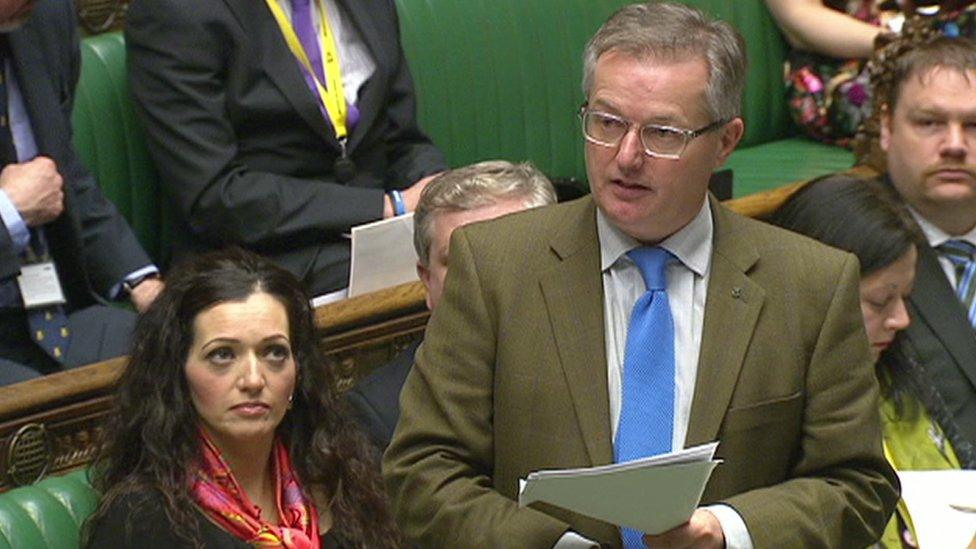
Mr O'Hara said the SNP would continue to make the case for Trident to be scrapped
The shadow cabinet, including Mr Corbyn and defence spokeswoman Maria Eagle did not take part in the debate or the vote.
The BBC's political correspondent Robin Brant said Labour was struggling to agree a coherent policy on the issue.
Noting the different ways Labour MPs voted, SNP defence spokesman Brendan O'Hara branded it a "Labour omni-shambles", and said it was "a sign of [Labour's] moral bankruptcy in the Trident debate".
'Ballooning cost'
Speaking officially for Labour, shadow defence minister Toby Perkins accused the SNP of trying to score "cheap political points" by highlighting "perceived" Labour splits on the issue, rather than engaging is serious debate.
Insisting that Labour's defence review - to be co-chaired by Ms Eagle and former London Mayor Ken Livingstone - would come up with an agreed position that the party could unite behind, he insisted: "We will not play political games with an issue as important as this."
The so-called "maingate" decision on whether to order four new Vanguard submarines, to replace the existing fleet, will be taken in 2016.
The government revealed on Monday, external that the total cost of renewing Trident has risen by £6bn to £31bn and the start date for the replacement submarines - which carry the Trident missiles and warheads - had been put back until "the early 2030s".
The SNP want the submarines, which are currently based at Faslane naval base on the Clyde, removed from Scottish soil. They have criticised the "ballooning" cost of Trident, saying it could consume up to 50% of the UK's total military procurement budget.
"Trident is not a military weapon, Trident is a political weapon," Mr O'Hara told MPs. "And it is a political weapon that can never and will never be used."
"Money that should be doing good, whether on peacekeeping, reacting to emergencies or alleviating the humanitarian crisis currently unfolding in front of us in the Middle East is being sacrificed on a combined military and political ego trip."
New cost of replacing Trident nuclear submarines
£31bn
-
In case costs overrun, the government will also set aside £10bn
-
Previous estimates put the cost at up to £25bn
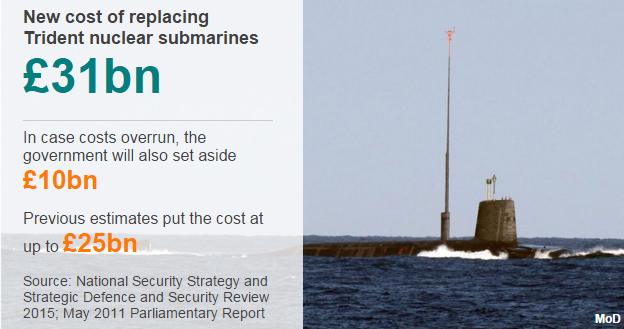
But Mr Fallon defended the cost, saying spread out over 35 years - the lifetime of the successor submarines - it amounted to 0.2% of total government spending per year and would provide an "insurance policy" for the UK's defences up to 2060.
He told MPs it was worrying that the long-established cross-party consensus about the necessity of having a continuous-at-sea nuclear weapons capability was "weakening", saying the existing posture "worked".
"Our allies and adversaries will be paying attention (to the debate)," he said. "It is not a time to gamble with our security."
'Eye-catching stunt'
Pro-Trident Labour MP John Woodcock, who represents Barrow-in-Furness where the submarines are built, sparked fury on the SNP benches when he repeatedly called them "robots" for following their party's orders on procedure during the debate.
The MP had earlier hung 200 submarine-shaped leaflets on the office door handles of Labour MPs urging them to back the renewal of Trident.
He said the "eye-catching" stunt was a way of "exploding myths" around the weapons system.
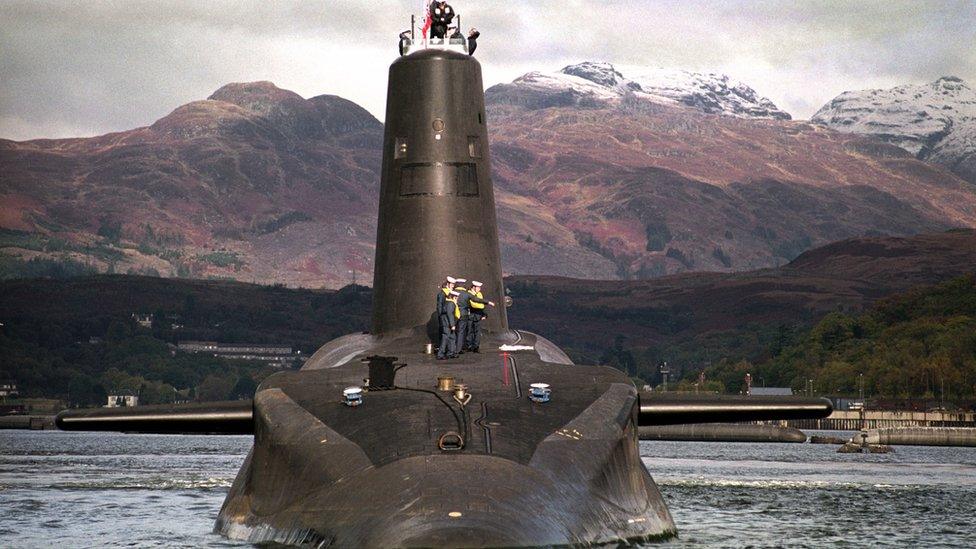
He insisted he was confident Labour would remain supportive of renewal despite the current review of defence policy but "can't imagine" leader Jeremy Corbyn voting in favour.
The SNP's Pete Wishart responded by tweeting a hand drawn submarine complete with a "comic Trident missile" claiming renewal is "immoral and obscene".
The strategic defence review, external published on Monday committed the government to a debate on the future of Trident but not a vote on the main renewal decision. However, Mr Cameron said he was "keen" to hold a non-binding vote "at the appropriate moment".

How Labour rebels voted
20 Labour MPs defied Jeremy Corbyn's order to abstain in the Trident vote.
14 voted with the government in favour of Trident: Kevin Barron, Ben Bradshaw, Mary Creagh, Chris Evans, Jim Fitzpatrick, Liz Kendall, Chris Leslie, Madeline Moon, Albert Owen, Jamie Reed, Emma Reynolds, Angela Smith, Gisela Stuart John Woodcock
Six voted with the SNP against Trident: Roger Godsiff, Ronnie Campbell, Kelvin Hopkins, Graham Stringer, Dennis Skinner, Geoffrey Robinson
- Published24 November 2015
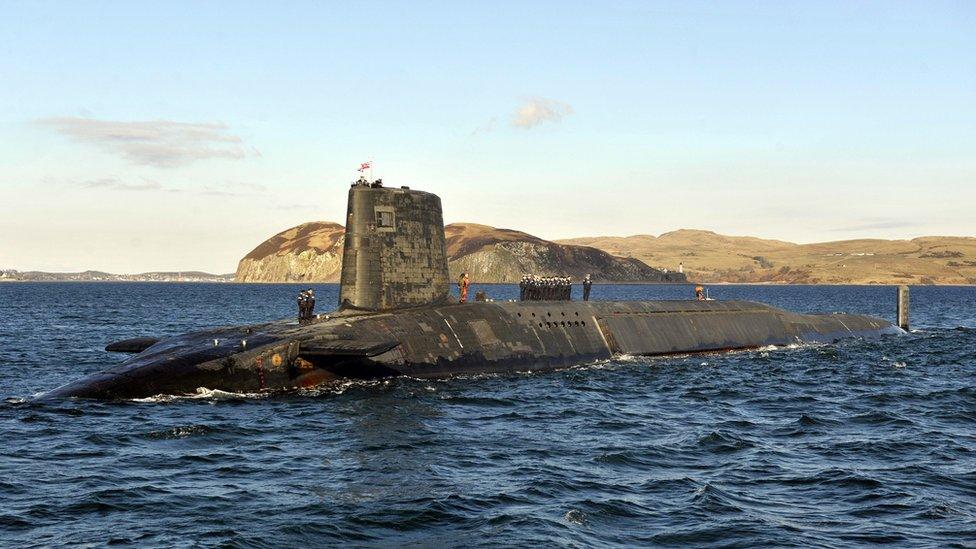
- Published24 November 2015
- Published23 November 2015
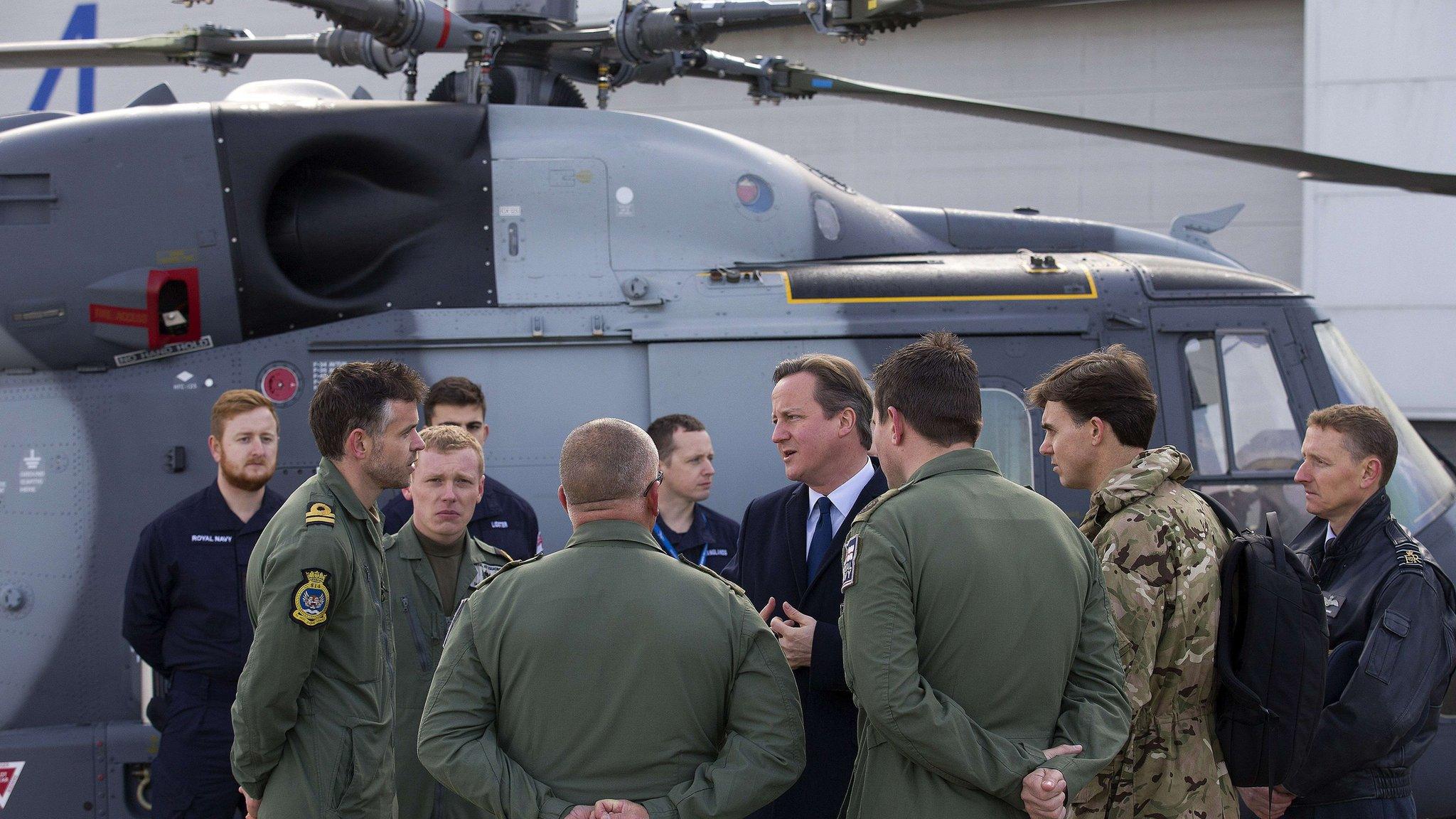
- Published23 November 2015
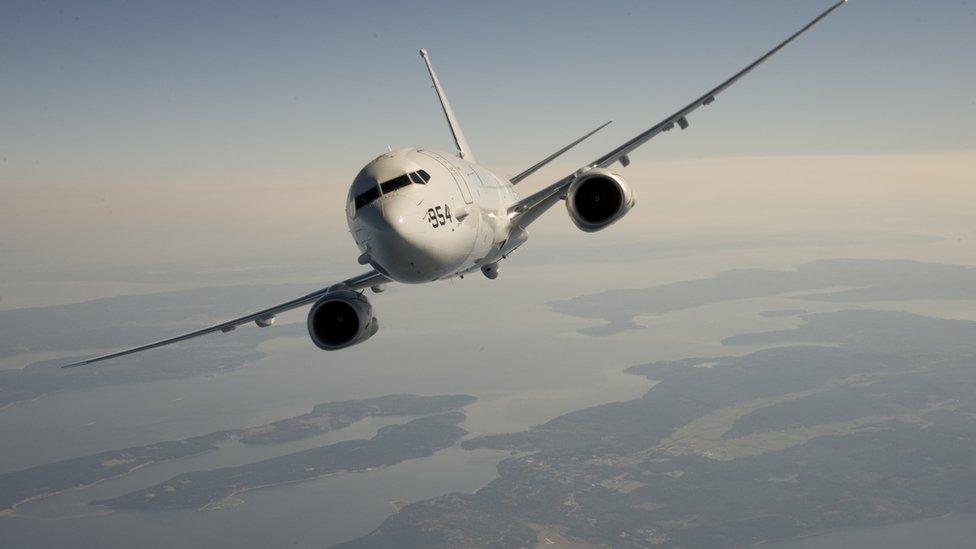
- Published23 November 2015
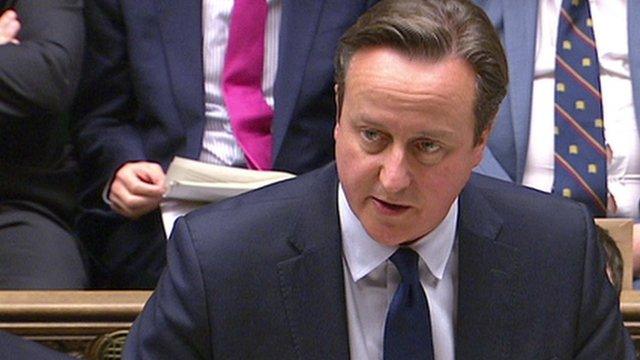
- Published23 May 2017
